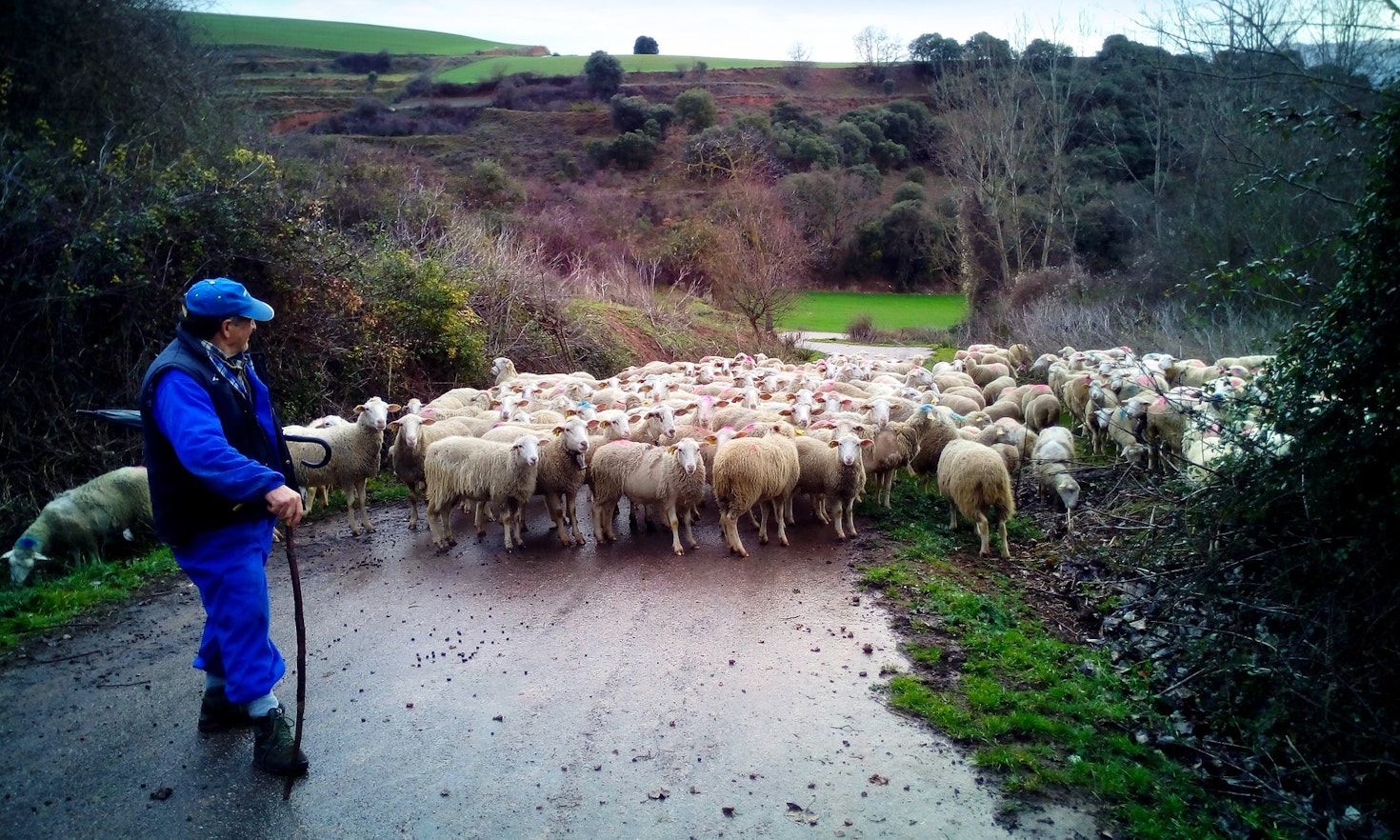
Südtirols Bierlandschaft im Wandel: Die Stimme der Frauen



Seven years after the adoption of the EU delegated act, a growing number of products is labelled with the optional quality term for “mountain products”. 615 producers are based in Italy, 2,082 products have been registered in Romania. Some EU Member States, however, are still lagging behind. Euromontana advocates for more action.
In November 2012, with its regulation No 1151/2012 the European Commission established a new optional quality seal for “mountain products”. This seal gives producers the opportunity to better valorise their food products by adding the “mountain products” mention on the packaging of food products which are made from raw materials and feedstuffs that come essentially from mountain areas. In the case of processed products, the mention is given when the processing also takes place in mountain areas. This legislation was further defined in the delegated act No 665/2014 in June 2014. Since then, several countries, such as Italy, France, Romania, and Bulgaria, have moved forward with the implementation of the optional quality seal at national level.
What does “essentially” mean in this context? According to the regulation, it means that the animals have spent at least two thirds of their lives in mountain areas or at least a fourth of their lives in transhumance grazing on pastures in mountain areas. Feedstuffs is expressed with the percentage of the annual animal diet (% of dry matter) produced in mountain areas, which should be 50% for all animals in general, 60% for ruminants, 25% for pigs.
Article 18 of the regulation defines what mountain areas are in two ways. These areas are:
(1) those characterised by a considerable limitation of the possibilities for using the land, and an appreciable increase in the cost of working it due (i) to the existence, because of altitude, of very difficult climatic conditions, the effect of which is substantially to shorten the growing season, (ii) the lower altitude, the presence over the greater part of the area in question of slopes too steep for the use of machinery or requiring the use of very expensive special equipment, or (iii) the combination of these two factors, where the handicap resulting from each taken separately is less acute but the combination of the two gives rise to an equivalent handicap.
The second definition states that mountain areas are
(2) north of the 62nd parallel and certain adjacent areas [that] shall be treated in the same way as mountain areas.
Member States of the European Union play a key role in the implementation of the delegated act. They could do more because of two main reasons:
First, they have the possibility to adjust the derogation on the processing outside mountain areas. In the delegated act a 30-km distance is foreseen between the place where, for example, the cow gives milk and the place where the milk is transformed into a diary product, or between the place where an animal lived and where it will be slaughtered. Since 2014 Member States can decide to reduce this radius or keep the 30-km derogation for the transformation .
Secondly, Member States can decide if they want to give further visibility to the term by designing (or not) a national logo.
In addition, to avoid the fraudulent use of the optional quality term “mountain product”, Member States must set up a control scheme to monitor its use and appoint an organisation responsible for controls . Also, they must define the procedures that regulate the use of the optional quality term by the farmers (pre-authorisation, notification to some national or regional authorities or free use).
The optional quality term for mountain products presents different advantages for mountain producers. The main one is the fact that producers and processors do not need to pay specific certification fees to use it. This is a great advantage for small producers as many of them do not wish to get PDOs (Protected Designation of Origin) or the organic label because of the cost of labelling. They will, of course, be obliged to respect the specific conditions to use the optional quality term and are subject to controls by relevant authorities but can receive the label for free.
In addition, the term can be really easy to use. Even if there are differences between the countries, most of them have chosen to implement the minimum constraints for producers and processors: They can either directly use the term without informing the relevant authorities like in France, Germany, and Austria or they can use it and then inform the relevant authorities like in Italy or Slovenia. In a few cases, like in Romania and Bulgaria, a pre-authorisation before any use is nonetheless necessary. In Spain, Greece, or Poland nothing has been done so far to regulate the implementation of the term.
The optional quality term for mountain products allows a better valorisation of mountain productions, including the small and local ones. The EUROMARC research project confirms that more and more consumers buy mountain products. Therefore, optional quality term for mountain products can be very successful on the market. This labelling system suggests that agricultural products can contribute to the development of mountain areas, create added value for them, and increase the competitiveness of traditional mountain farming systems.
To conclude, we can say that the optional quality term for “mountain product” is an affordable solution to better valorise the production of mountain farmers. To further support producers, Euromontana is encouraging EU Member States to support this initiative. This can be done by establishing a national logo that could benefit from a greater visibility among consumers, but also by organising information campaigns for producers and consumers to inform them about the terms and the conditions of its use. The establishment of national or regional lists of producers could also help to keep track of the producers involved, ensure a higher level of transparency, and guarantee that the products respect the conditions that have been defined in this framework.

This content is licensed under a Creative Commons Attribution 4.0 International license.